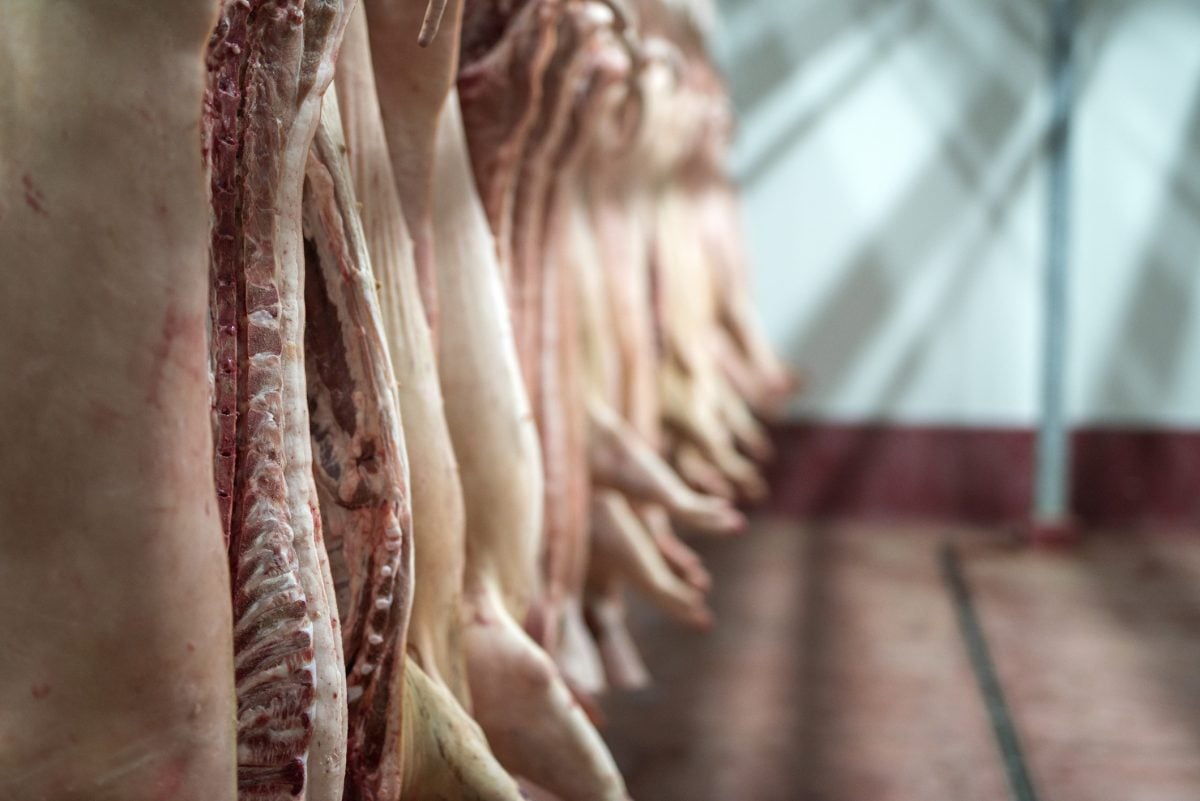WINNIPEG, Manitoba, May 3 (Reuters) – Canadian canola stocks fell 25 percent to an eight-year low as of March 31, Statistics Canada said on Friday, and wheat supplies also dwindled more than expected.
The thin stocks highlight supply concerns as planting season gets off to a slow start in Western Canada due to cold, wet weather. Canada is the biggest producer and exporter of canola, mainly used to make vegetable oil, and the sixth-largest wheat grower.
Canola supplies on farms and in commercial storage fell to 3.909 million tonnes, just below the lowest estimate in a Reuters trade survey before the report. All-wheat stocks fell eight percent to a lower than expected 13.459 million tonnes, the smallest supplies in five years.
Read Also

U.S. livestock: Cattle slip back, hogs gain
Chicago cattle futures slipped back on Friday after Thursday’s pause. Hog futures crept upward. Most-active December live cattle futures closed…
“There’s some big concern. People are talking about continued export demand from China, plus the stats are certainly showing that the (Canadian canola) crusher continues to eat it up with both hands,” said Tony Tryhuk, manager of commodity trading at RBC Dominion Securities, adding he was surprised futures prices were not stronger after the report. “Things are going to be fairly snug.”
Supplies of U.S. soybeans, an oilseed competitor to canola, are also tight, and dry conditions are expected to curb Australia’s canola output.
ICE Canada July canola futures rose modestly after the report, before pulling back. At 9:40 CST July was up $1.90 at $602.10 and November was up $1.80 at $540.50.
Traders surveyed by Reuters had expected, on average, canola stocks of 4.1 million tonnes and all-wheat supplies of 13.9 million tonnes.
With supplies so tight, it will be tough for buyers to draw the remaining canola from farmers’ hands, said John Duvenaud of Wild Oats Grain Market Advisory, on a conference call organized by the Minneapolis Grain Exchange.
Even though wheat supplies are tight, there is no shortage, Duvenaud said.
“It’s an old saw that when Canada runs out of wheat, that’s a real situation,” he said, adding that Canada is on course to have ample leftover supplies at the end of the 2012-13 crop year on July 31.
In an April 24 report, Statscan said farmers intend to plant the biggest wheat crop in 12 years but sow less canola for the first time since 2006.
In Friday’s report, Statscan said barley supplies fell 10 percent to 2.961 million tonnes and oat stocks were down 30 percent to 1.214 million tonnes, both more than expected. Durum supplies of 2.663 million tonnes were down 14 percent, in line with expectations.
Statscan surveyed farmers from March 25 to April 3. It will issue planting estimates on June 25.













